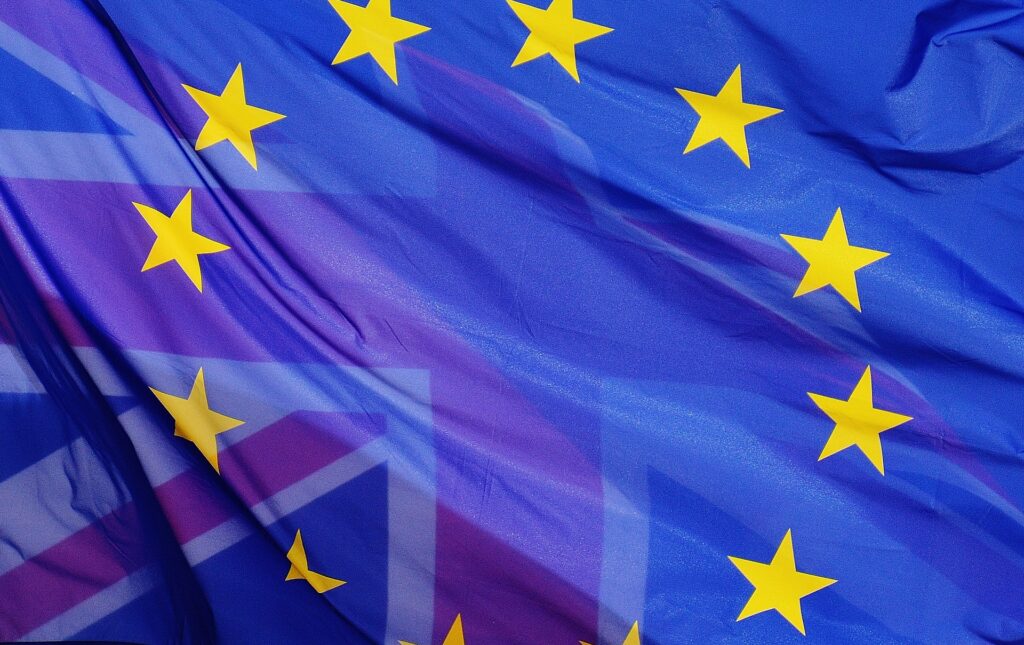In the aftermath of the EU Referendum, many have expressed the view that the outcome would, or at least could, have been different had the Leave campaign being conducted differently. It has also been suggested that there may have been overspending in breach of the strict rules for Designated Organisations, which receive a public subsidy for their campaigns, and by other campaigners. What, if any, remedies does the law provide? There will be few lawyers have not been asked this question over the last week but the answer is not straightforward.
The starting point is the European Union Referendum Act 2015 which lays down the framework within which the Referendum was conducted. In contrast to election statutes, it includes a petition mechanism for the result to be set aside. The Act briefly mentions that judicial review claims in respect of the Referendum have to be brought within a truncated six-week time period, but says nothing about the basis of such a claim. The fact judicial review is recognised on the face of the Act as a possibility must mean Parliament contemplated such a claim being brought in certain circumstances. What might they be?
Judicial review claims are essentially concerned with the legality or procedural fairness of the decisions or actions of public authorities. Plainly, members of the public cannot be challenged in this way regardless of how they vote or why. Democracy allows an irrational vote to be cast and values equally to one cast by the voter who has conscientiously taken account of all relevant considerations. It is also clear that some significant procedural irregularity on the part of returning officers or other public officials that would have made a difference to the outcome could be the subject of judicial review claim. But as regards this referendum, a sufficiently egregious and large scale error by officials would almost certainly have come to light by now.
Campaigning on the basis of false or misleading statements is nowhere mentioned. That suggests, in the face of things, that however unethical it may be, it is not prohibited. That might be thought surprising, particularly when at least one Leave campaign assertion – the £350 million per week savings to be made as a result of Brexit – was identified as misleading by public and private organisations, but nevertheless sustained.
There is no real prospect of the courts reading in a duty not to knowingly or recklessly make such statements during a referendum campaign into the Act, less still to enforce it by making a ruling that would force a second referendum to answer the same question put to voters. That is primarily because Parliament has fashioned a limited and narrow obligation to tell the truth to the electorate in the context of general elections, but did not choose to impose a similar obligation during referendum campaigns. The election duty is found in section 106 of the 1983 Representation of the People Act which provides:
A person who, or any director of any body or association corporate which—
(a) before or during an election,
(b) for the purpose of affecting the return of any candidate at the election,
makes or publishes any false statement of fact in relation to the candidate’s personal character or conduct shall be guilty of an illegal practice, unless he can show that he had reasonable grounds for believing, and did believe, the statement to be true.
Even had this appeared in the 2015 Act – and it does not – the obligation does not extend to statements about policies or consequences and indeed the courts have expressly recognised that there is no accountability at law for such statements: see Gibson J in The North Division of the County of Louth (1911) 6 O’M and H 103 at page 163 (approved of in what is now the leading case, R (Woolas) v The Speaker of the House of Commons [2010] EWHC 3169 (Admin)). The European Convention on Human Rights provides no help either. Free and fair elections are guaranteed, not so free and fair referenda.
Other legal and regulatory remedies would not affect the outcome of the referendum. If, for example, a campaigner were successfully prosecuted for incitement to racial hatred or some other public order offence, the referendum result would be unaffected. The same is true of complaints that might be made relying on the codes which regulate the conduct of Ministers, Members of Parliament and MEPs. Political speech is specifically excluded from the regulatory regime for advertising.
The position on overspending might be different, however. If there were compelling evidence of the spending limits set down in the 2015 Act being contravened, either by a Designated Organisation, or one or more other campaigners, the Electoral Commission would be able to investigate and even has powers to hold an inquiry. But the deadline for reporting campaign expenditure expires in December, many months after a direct challenge to the outcome of the referendum would be possible based on the findings of a Commission investigation. In theory then, if there was the most egregious breach of the referendum expenditure rules that could be shown to have materially influenced the outcome, the courts just might be persuaded to intervene now by way of judicial review. At present, there is no real evidence the rules were breached in that way. If there is a smoking cannon, it remains hidden.
It follows that the remedy for concerns about the outcome of the referendum having been distorted is almost certainly a political, rather than a legal, one. Political because the referendum advises Parliament of the views of those who voted in it, but does not oblige Parliament to withdraw the UK from the EU at all costs. And when deciding what to do next, MPs and peers can certainly take into account the extent to which those they represent, whether Leave or Remain voters, were misled if there is compelling evidence of that having happened. Similarly, if members of the public have evidence of expenditure irregularities, that should be brought to the Election Commission’s attention urgently as it may be able to investigate and advise parliamentarians before a decision to evoke Article 50 of the Lisbon Treaty is made

